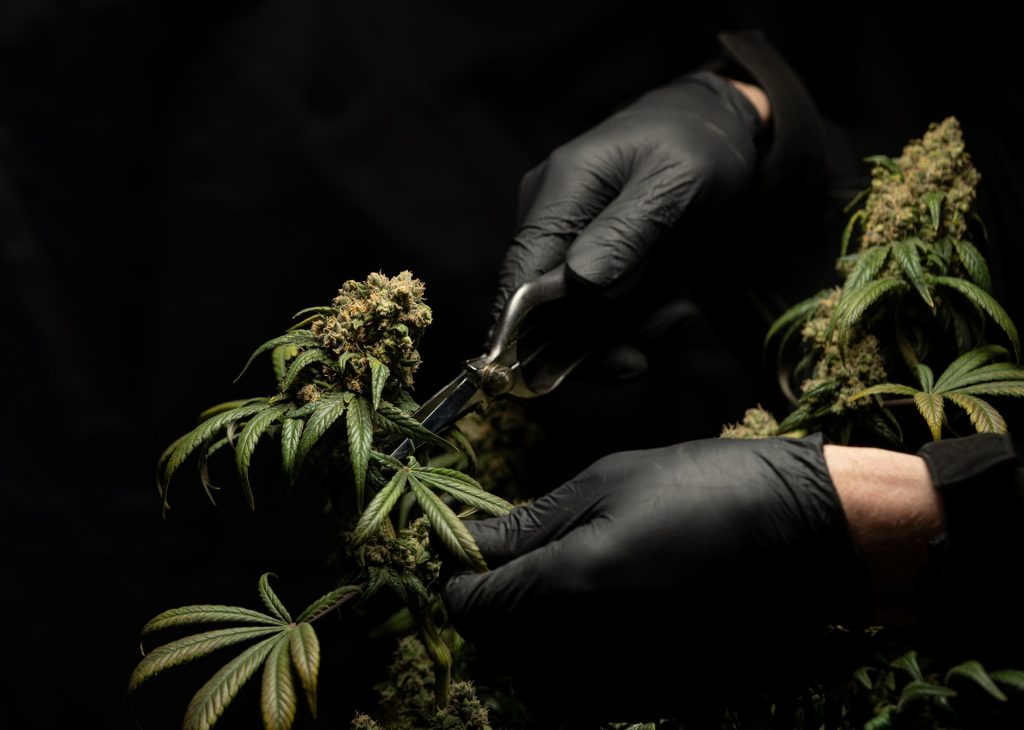
A study found that access to medical marijuana to treat pain, anxiety, or depression symptoms led to cannabis use disorder (CUD) in a significant minority of individuals while failing to improve their symptoms. The Massachusetts General Hospital (MGH) study was published in JAMA Network Open.
In the US, individuals are able to gain access to cannabis products using medical marijuana cards (MMCs), usually issued by a doctor. Researchers found the greatest risk of developing the addictive symptoms of CUD was in those seeking relief from anxiety and depression. This finding indicates the need for stronger safeguards over the dispensing, use, and professional follow-up of people who legally obtain cannabis through MMCs.
“There have been many claims about the benefits of medical marijuana for treating pain, insomnia, anxiety and depression, without sound scientific evidence to support them,” said lead author Jodi Gilman, PhD, with the Center for Addiction Medicine at MGH. “In this first study of patients randomised to obtain medical marijuana cards, we learned there can be negative consequences to using cannabis for medical purposes. People with pain, anxiety or depression symptoms failed to report any improvements, though those with insomnia experienced improved sleep.”
Dr Gilman was particularly disturbed by the fact that individuals with symptoms of anxiety or depression – the most common conditions which people seek medical cannabis for – were the ones most vulnerable to developing cannabis use disorder. CUD symptoms include a vicious circle of needing more cannabis because of growing tolerance, and seeking out cannabis to treat the psychological problems it causes.
“Medical” cannabis has surged in popularity in the US, as so far 36 of its 50 states have commercialised its use for myriad health conditions through medical marijuana cards. These cards require written approval of a licensed physician who, under the current system, is often not the patient’s primary care provider but rather a ‘cannabis doctor’ who may provide authorisation to patients with only a cursory examination, no recommendations for alternative treatments, and no follow-up. The medical marijuana industry effectively functions outside the regulations that apply to most fields of medicine.
The researchers started their trial in 2017 with 269 adults (average age of 37) who were interested in obtaining a medical marijuana card. One group was allowed to get MMCs immediately, while the second group, designed to serve as a control, was asked to wait 12 weeks before obtaining a card. Both groups were tracked over 12 weeks. The team found that the odds of developing CUD were nearly two times higher in the MMC cohort than in the wait list control group, and that by week 12, 10% of the MMC group had developed a CUD diagnosis, with the number rising to 20% in those seeking a card for anxiety or depression.
“Our study underscores the need for better decision-making about whether to begin to use cannabis for specific medical complaints, particularly mood and anxiety disorders, which are associated with an increased risk of cannabis use disorder,” said Dr Gilman. Regulation and distribution of cannabis to people with medical marijuana cards needs to be greatly improved, no matter the specific condition they are issued for. “There needs to be better guidance to patients around a system that currently allows them to choose their own products, decide their own dosing, and often receive no professional follow-up care.”
Source: Massachusetts General Hospital

